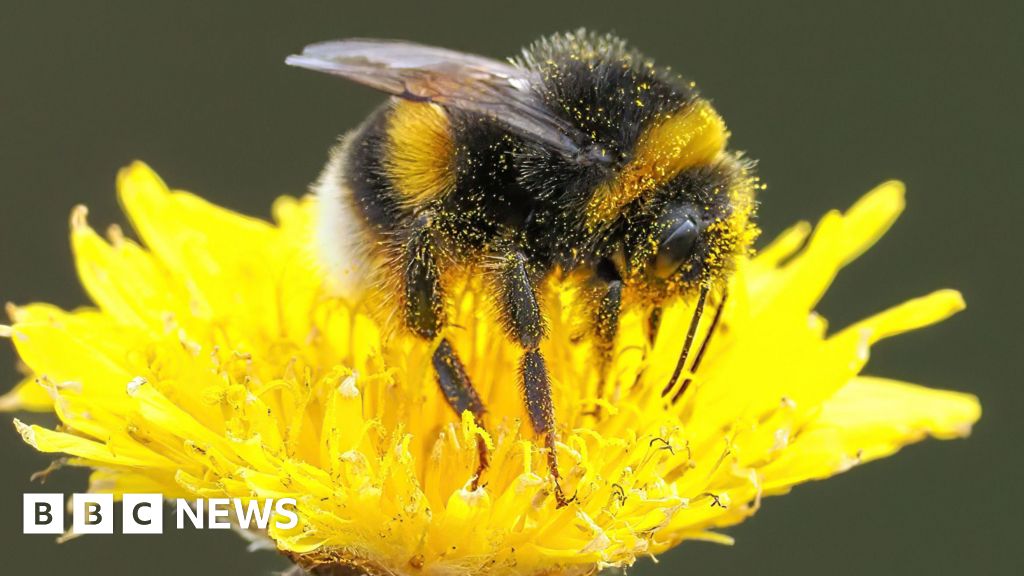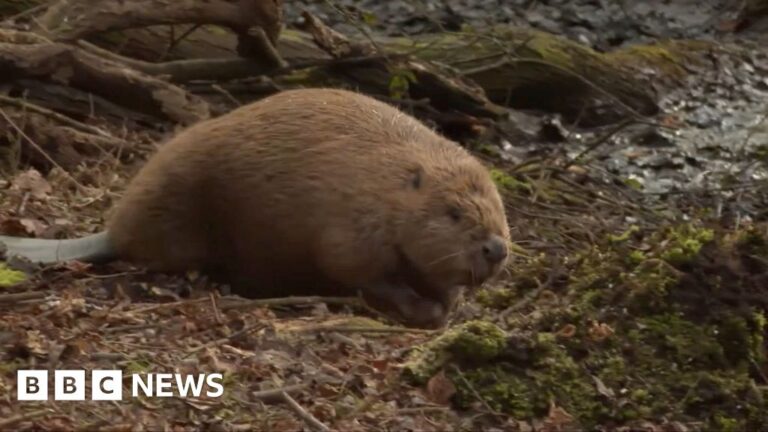Pesticides that harm bees were found in the “majority” of English waterways tested in the last year, according to data analysis by two environmental charities. The Rivers Trust and Wildlife and Countryside Link found neonicotinoid pesticides were present in 85% of English rivers tested by the Environment Agency between 2023 and 2024.
The banned pesticide was signed off for emergency use by the previous government to combat a disease impacting sugar beet crops – a decision for which the Department for Environment, Food and Rural Affairs’ (Defra) is now being investigated.
On Monday, the government promised to ban the use of neonicotinoid pesticides that threaten bees and other vital pollinators.
The Office for Environmental Protection is currently investigating Defra’s emergency authorisation for the use of a type of neonicotinoid on sugar beet seeds in 2023 and 2024. The watchdog is exploring whether the government failed to comply with environmental laws when it previously granted the use of the banned pesticide.
Neonicotinoids are a group of insecticides used in agriculture, horticulture and veterinary medicine to control pests – but they also harm bees and other beneficial insects.
They are currently used by sugar beet farmers to protect their crops from virus yellows, a disease spread by aphids.
In March, Dan Green, agriculture director for British Sugar, said the pesticide was needed to “protect the UK sugar beet crop and farmer livelihoods”.
But environmental charities are calling on the government to enforce and extend the ban on the use of neonicotinoids to protect plant and animal health. The charities are also calling for better river monitoring by the agency.
Dr. Richard Gill, principle researcher at Imperial College, said high concentrations of neonicotinoids can kill bees, but smaller quantities can also have “cumulative, sub-lethal” effects on the pollinators, changing their behavior and even impacting their genes.
The latest analysis of Environment Agency figures comes against a backdrop of declining bee populations across the country. A number of factors – including changes in the use of agricultural land, urbanization, the impact of climate change, pesticide use and emerging pathogens – means many bee species are “not doing very well”, Dr. Gill said.
Source link




